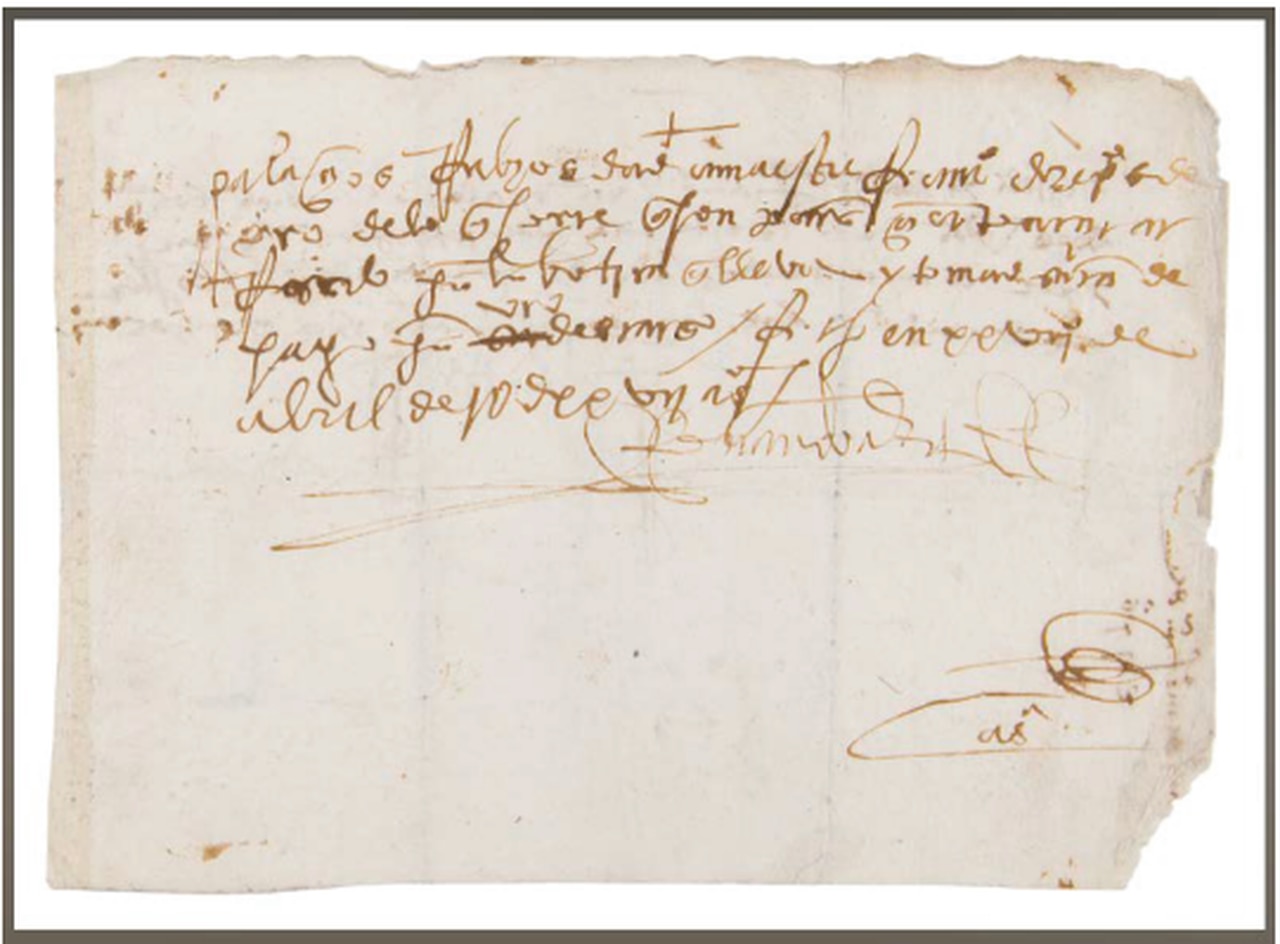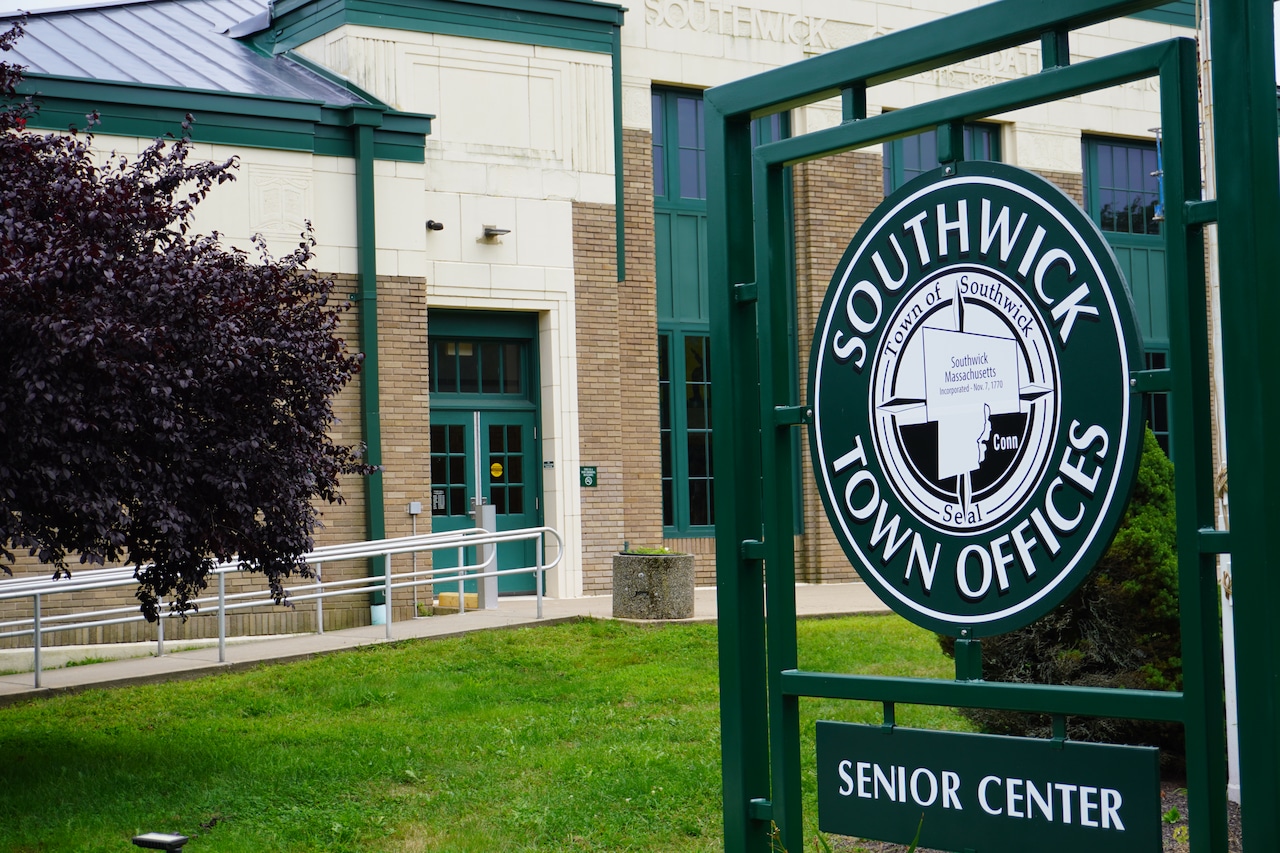Federal agents in Boston repatriated a manuscript signed by Spanish conquistador Hernán Cortés in 1527, believed to have been stolen before 1993, back to Mexico’s National Archives in a ceremony on Wednesday, the FBI Boston Division announced Thursday.
An investigation began in June 2022 when a representative from Mexico’s National Archives alerted the FBI that the document was up for sale online via an auction house based in Massachusetts, the FBI said in a statement. The National Archives asked the FBI if they could retrieve the manuscript.
The FBI contacted the auction house and it removed the manuscript from the auction, turning it over to authorities after being served a seizure warrant.
Cortés signed the document, a payment order, on April 27, 1527, the FBI said. The payment order authorized purchasing rose sugar for a pharmacy in exchange for 12 gold pesos. The FBI added that the document is believed to be one of several that were unlawfully removed a collection concerning a Spanish expedition to Central America in 1527, originally housed in Mexico’s National Archives.

Courtesy of the U.S. State Department.
“The government of Mexico doesn’t know exactly when or how the manuscript was stolen, and we don’t know how it was brought into the United States, but we do know the manuscript was sold by an auction house in California in the early 1990s and passed through several hands before being consigned by a person in Florida to the auction house here in Massachusetts,” supervisor of the FBI’s Art Crime Team Kristin Koch said in a statement.
“Certainly, the individual who ‘owned’ the document at the time of this discovery had no idea the manuscript was stolen,” Koch added.
Acting United State Attorney for Massachusetts Joshua Levy filed a civil forfeiture action last July to permit the return of this historical document, the FBI said.
“After missing for decades, thanks to incredible international collaboration and persistence the Cortés manuscript is finally where it belongs back in Mexico, where it will remain a treasured part of Mexico’s history and heritage,” Levy said in a statement.





